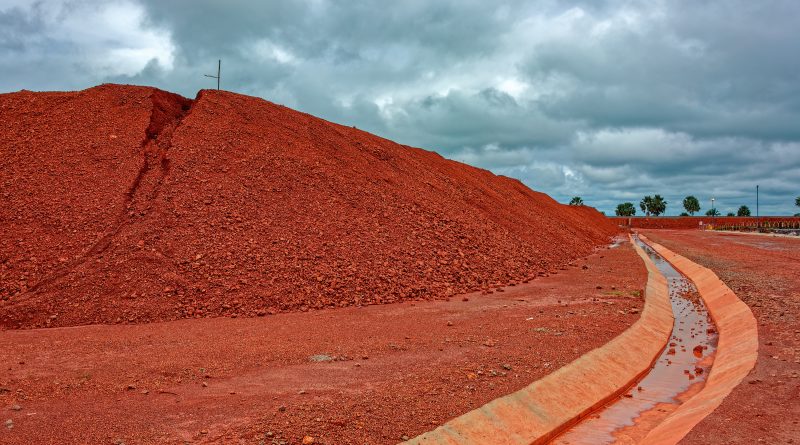Guinea’s Booming Bauxite Sector
Guinea, a key player in the global bauxite market, has seen a remarkable uptick in both production and exports for the third consecutive year. As Africa’s leading producer of bauxite ore, Guinea has positioned itself as a crucial supplier for the global aluminum industry—a sector pivotal for the ongoing energy transition. This article examines the recent data released by the Guinean government and explores the broader implications of this growth, from economic benefits to environmental considerations.
Bauxite Production Metrics and Trends
In 2023, Guinea’s bauxite production surged by over 19% year-on-year, reaching approximately 123 million metric tons. This significant growth was matched by a 24.5% increase in exports, which touched 127 million tons. This uptrend has been driven predominantly by the operations of the Société Minière de Boké (SMB)-Winning consortium. Having planned an investment of up to $1 billion over the next five years to enhance river terminals and expand its fleet, SMB-Winning is set to further augment Guinea’s standing in the global bauxite market.
Comparing to past figures, Guinea’s bauxite output was 103 million tons in 2022, with exports at 102 million tons. The data illustrates a year-on-year growth that brings both opportunities and challenges. In 2021, production was 87 million tons and exports 81 million tons, which highlights the country’s rapid scale-up in mining activities.
Economic and Environmental Impact
The increased bauxite production and export volumes have significantly influenced Guinea’s economy. With mining being a cornerstone of the Guinean economy, the employment opportunities and revenue generated from bauxite mining are substantial. The revenues support infrastructure development, healthcare, and education in the region.
However, the rise in mining activities raises environmental concerns. Bauxite mining can lead to land degradation, water pollution, and deforestation, impacting local ecosystems and communities. Addressing these challenges requires balancing economic growth with sustainable environmental practices. Companies like SMB-Winning are investing in ecologically responsible mining practices to mitigate adverse effects, but the long-term success of these measures remains to be seen.
Guinea’s bauxite industry is set for continued growth, buoyed by substantial investments and strategic expansions. SMB-Winning’s commitment to invest $1 billion is a notable example, aiming to upgrade river terminals and acquire new shipping vessels. Such investments are essential to enhance export capabilities, ensuring that Guinea can meet the rising global demand for bauxite.
Moreover, the Guinean government is also focused on value addition within the country, promoting the establishment of alumina refineries. By processing bauxite domestically into higher-value alumina, Guinea stands to gain more from its natural resources and stimulate local economic development.
Guinea’s growth in bauxite production has significant implications for the global aluminum market. As a crucial component in aluminum production, bauxite is integral to various industries, including automotive, construction, and renewable energy. The surge in Guinea’s exports helps stabilize global supply, particularly essential as the world shifts towards greener technologies requiring aluminum.
However, the global market must consider potential supply chain disruptions. Geopolitical tensions, trade policies, and environmental regulations could impact the seamless export of bauxite from Guinea, necessitating strategic planning among global buyers to maintain a stable supply chain.
Guinea’s persistent growth in bauxite production and exports underscores the country’s pivotal role in the global aluminum industry. While economic benefits are evident, the environmental and geopolitical dimensions demand careful navigation to ensure sustainable and stable future growth. The investments and strategic initiatives undertaken by Guinea and key players like SMB-Winning are critical to solidifying Guinea’s stature as a global bauxite powerhouse and ensuring that this growth translates into long-term prosperity and sustainability for the region.
